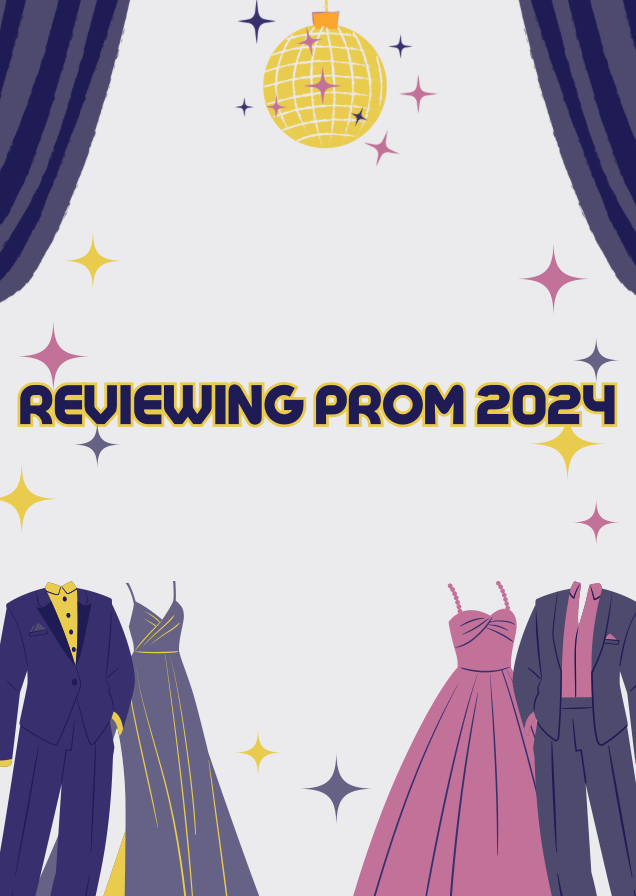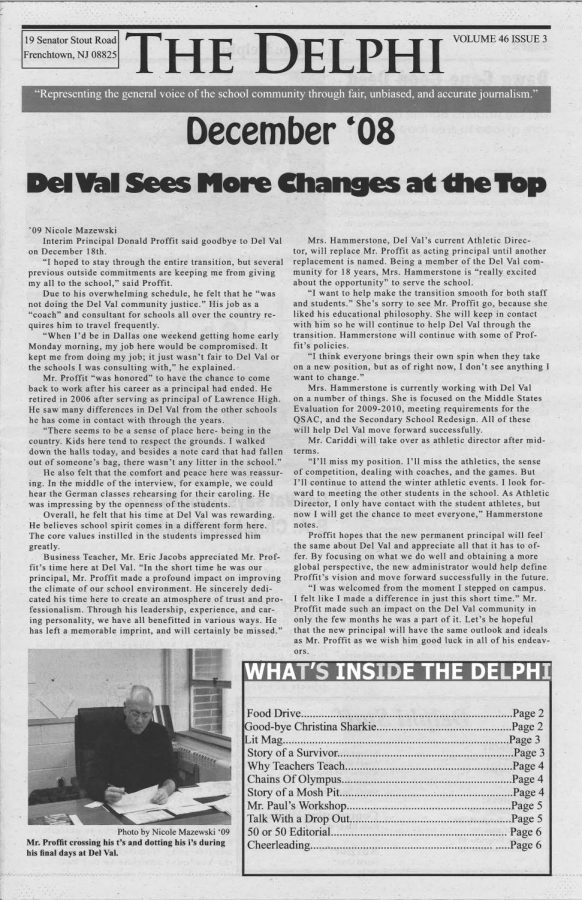In recent times, the popular social media platform TikTok has found itself at the center of controversy, with calls for its ban reverberating across various corners of society. While concerns about privacy, data security and content moderation are valid, outright banning TikTok is a shortsighted solution that fails to address the underlying issues while depriving millions of users of a valuable creative outlet and community.
The argument for banning TikTok often hinges on concerns over data privacy and security. It is true that TikTok, like many other social media platforms, collects user data for targeted advertising and algorithmic content recommendations. However, the notion that TikTok poses a unique threat to user privacy is misguided.
There has been no evidence of the platform misusing or mishandling users’ data any more than any other major social media platforms. Moreover, banning TikTok would not only fail to address broader issues of data privacy and security, but it could also set a dangerous precedent for censoring online content based on unsubstantiated fears.
Additionally, banning TikTok would have far-reaching consequences for the millions of users who rely on the platform for entertainment, connection and creative expression. TikTok has democratized content creation, providing a platform for individuals from diverse backgrounds to share their talents, perspectives and stories with the world. It has also empowered people to express themselves in ways that has not been seen before. Banning TikTok would not only stifle this creativity, but it would also deprive marginalized voices of an essential platform for amplification and visibility.
Furthermore, the controversy surrounding TikTok often overlooks the positive aspects of the platform, such as its role in promoting community and connection. In an era of social isolation, TikTok has become a virtual gathering place where people can find support and solidarity. Whether through viral challenges, niche subcultures, or different movements, TikTok has facilitated meaningful relationships that transcend geographical boundaries and social barriers. Banning the platform would sever these ties and undermine the sense of community that so many users cherish.
Though the concerns about TikTok are valid, banning the platform is not the solution. Instead of resorting to censorship, policymakers should focus on enacting comprehensive regulations that protect users’ privacy, ensure transparency and accountability from companies and promote digital literacy and empowerment among users. By addressing these root causes of the conflict, the U.S. can foster a safer, more inclusive online environment without sacrificing the valuable benefits that platforms like TikTok provide.









































































